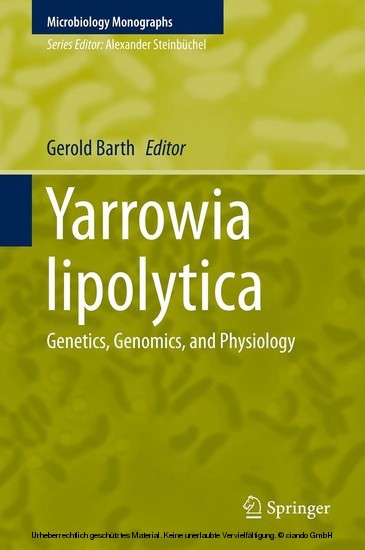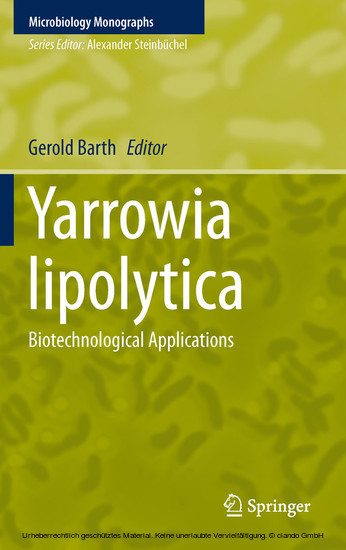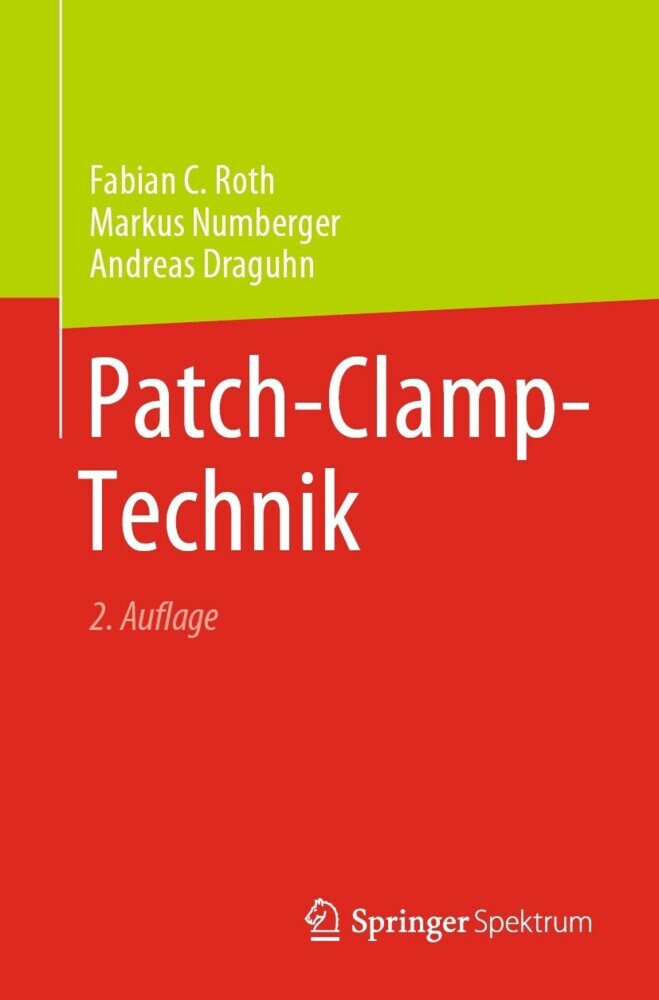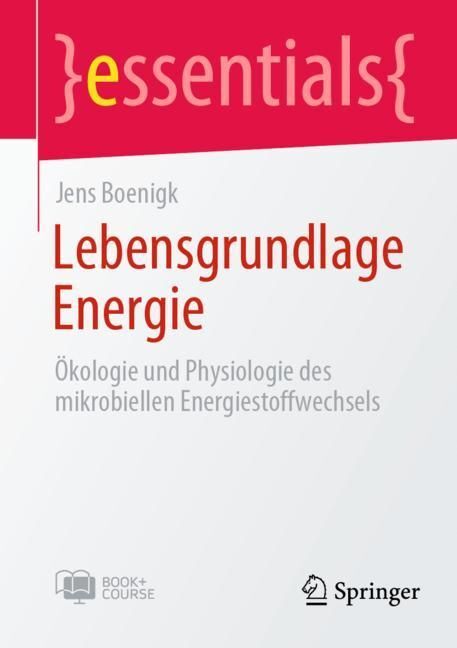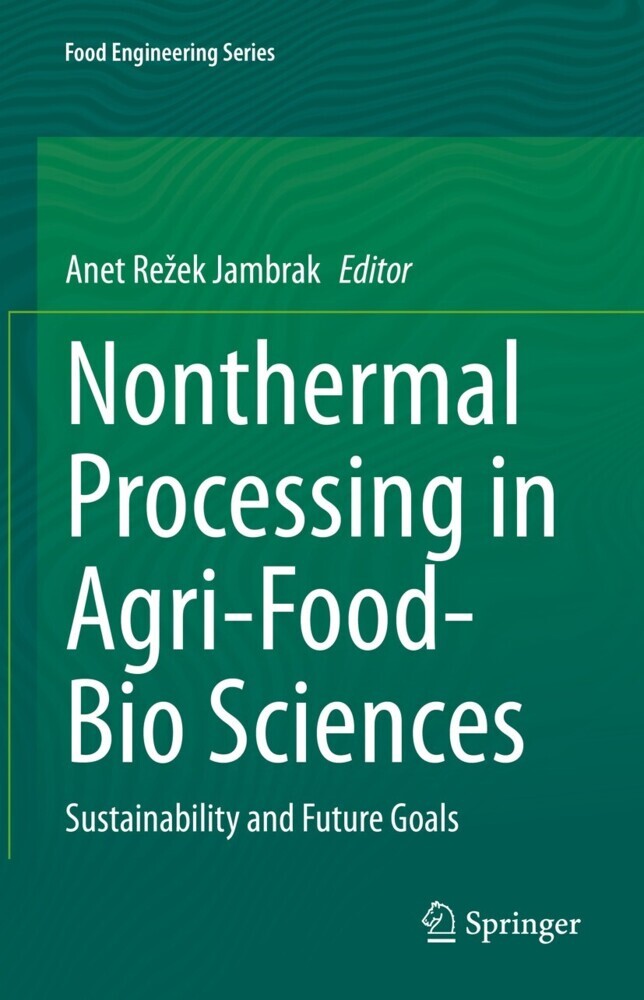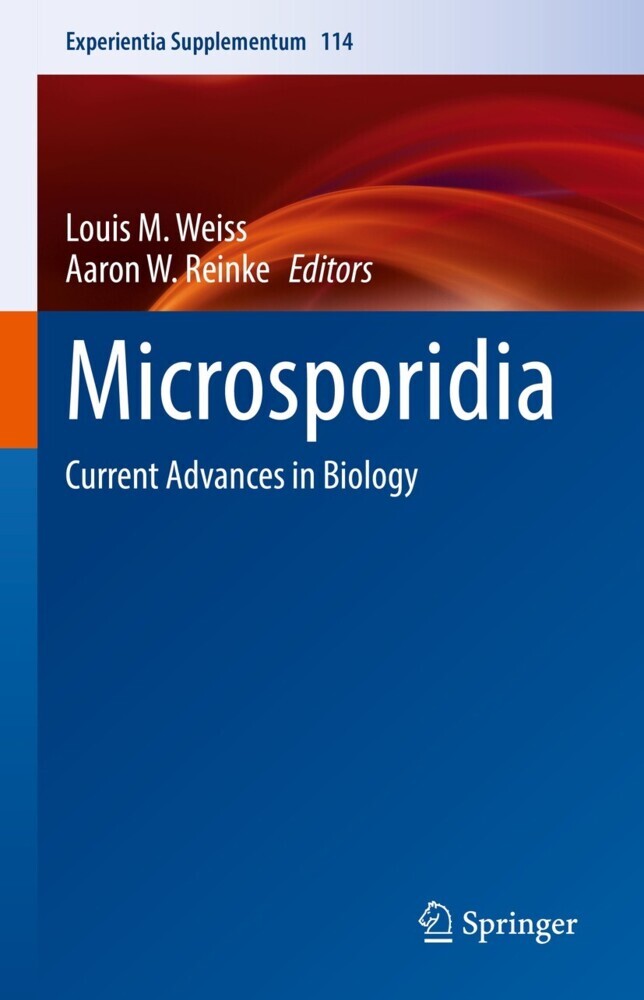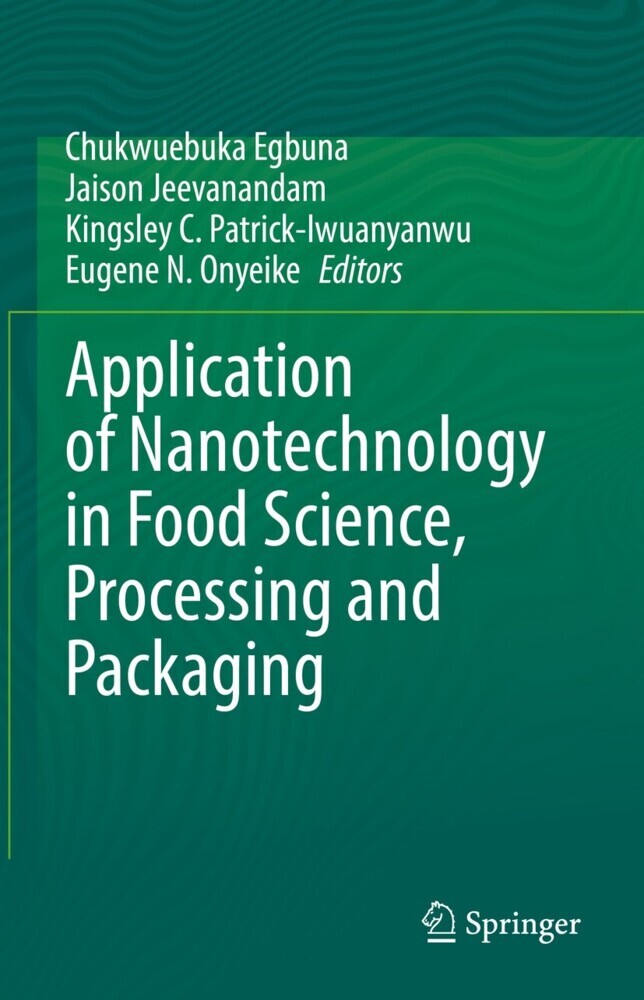Yarrowia lipolytica
Genetics, Genomics, and Physiology
Due to various special physiological features and a genome that greatly differs in structure, gene content and organization from other yeasts, Y. lipolytica is widely used as a model organism. With its characteristics, such as the ability to accumulate oil and the high capacity for secretion of proteases and lipases, the yeast is also of great interest for biotechnological applications.
The main topics covered in this Microbiology Monograph are: comparative genomics; mitochondrial genomics and proteomics, including the analysis of the respiratory chain; transposable elements and their activities; non-coding RNA genes, which display a number of unusual and remarkable features compared to other hemiascomycetes; utilization of hydrophobic substrates, of n-alkane and its oxidized derivatives as sources of carbon and energy; ambient pH signalling; comparison of protein families in non-conventional yeasts and S. cerevisiae; and the sulphur metabolism of cheese-ripening yeast.
.
The main topics covered in this Microbiology Monograph are: comparative genomics; mitochondrial genomics and proteomics, including the analysis of the respiratory chain; transposable elements and their activities; non-coding RNA genes, which display a number of unusual and remarkable features compared to other hemiascomycetes; utilization of hydrophobic substrates, of n-alkane and its oxidized derivatives as sources of carbon and energy; ambient pH signalling; comparison of protein families in non-conventional yeasts and S. cerevisiae; and the sulphur metabolism of cheese-ripening yeast.
.
Barth, Gerold
| ISBN | 9783642383205 |
|---|---|
| Artikelnummer | 9783642383205 |
| Medientyp | E-Book - PDF |
| Auflage | 2. Aufl. |
| Copyrightjahr | 2013 |
| Verlag | Springer-Verlag |
| Umfang | 187 Seiten |
| Sprache | Englisch |
| Kopierschutz | Digitales Wasserzeichen |

